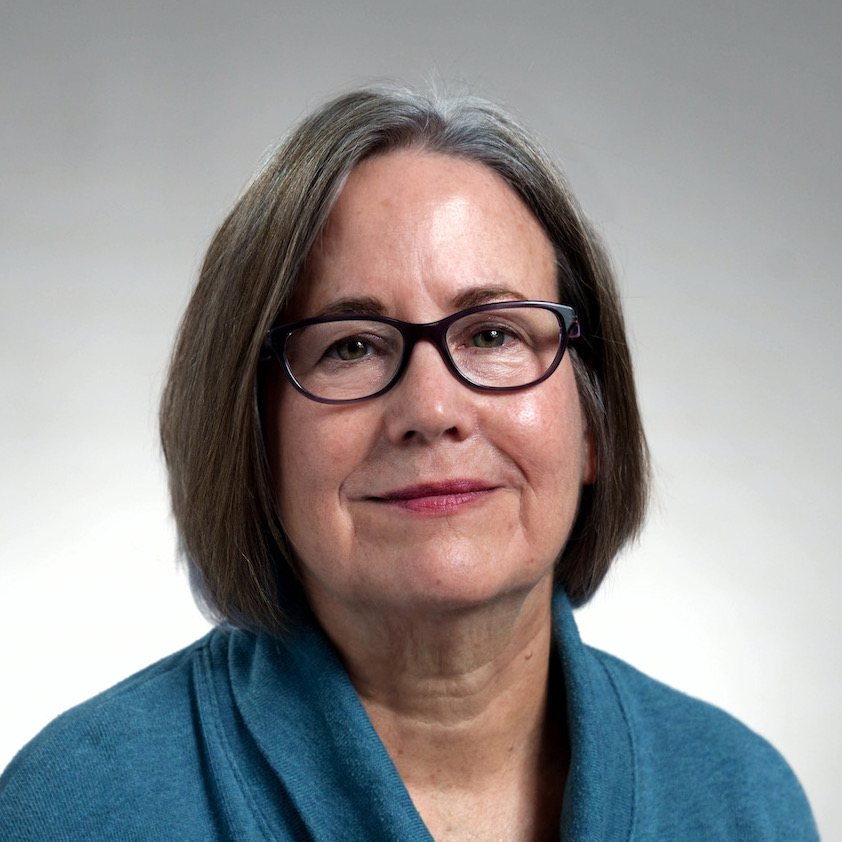
Will the next president respect the rights of a free press? It’s a question vital to democracy, yet rarely posed to candidates.
Hoping to make press freedoms a topic of discussion in the 2020 presidential campaign, the National Press Club’s Journalism Institute collaborated with other groups to develop a questionnaire that was circulated to all the candidates in November.
AHCJ’s Right to Know Committee participated in the effort, contributing two of the 12 questions.
So far, only one candidate has replied – Michael Bloomberg, who, as founder of a major media outlet, clearly has an interest in the topic.
Bloomberg said “the U.S. president should be a firm and outspoken champion of the Fourth Estate,” adding that “a free media is one of the key (and, importantly, bipartisan) values that set us apart from our rivals abroad.”
In an op-ed in The Hill, Jim Kuhnhenn, the Press Freedom Fellow for the NPC’s Journalism Institute, called on the other candidates to step up.
“It’s time to hear from the rest of the pack,” Kuhnhenn wrote. “It’s time for voters to demand a commitment to press freedom. It’s time to ask: Do you believe the president has a role in restoring faith in a free press and the checks it places on our institutions?”
One of AHCJ’s questions stems from members’ frustrations with the administration’s failure to provide adequate or complete data about drug pricing and changes to the Affordable Care Act.
The question asked whether the candidate would provide all data underlying policy proposals. “My administration would honor the spirit of FOIA and release as much information as possible within that tradition,” Bloomberg replied.
AHCJ’s second question asked: “Will you ensure that division and agency heads, scientists and researchers, and other federal employees are free to speak with journalists, and are encouraged to do so? How?”
Bloomberg’s team replied: “Mike would not create unnecessary barriers to officials being transparent with the American people. His strategy has always been to hire good people and give them the tools to do their jobs well. He would trust department heads to decide who should be speaking for their agencies.”
Bloomberg also said he would hold regular press conferences and allow persecuted foreign journalists to seek asylum in the United States. The full text of his replies can be found here.
“Improving access to government information has been a key focus of AHCJ’s advocacy work. We were glad to take part in this effort to ask for commitments from those seeking the country’s highest office,” said Sabriya Rice, vice chair of the association’s Right to Know Committee. “We hope the other candidates will respond and share their stance on government transparency.”




